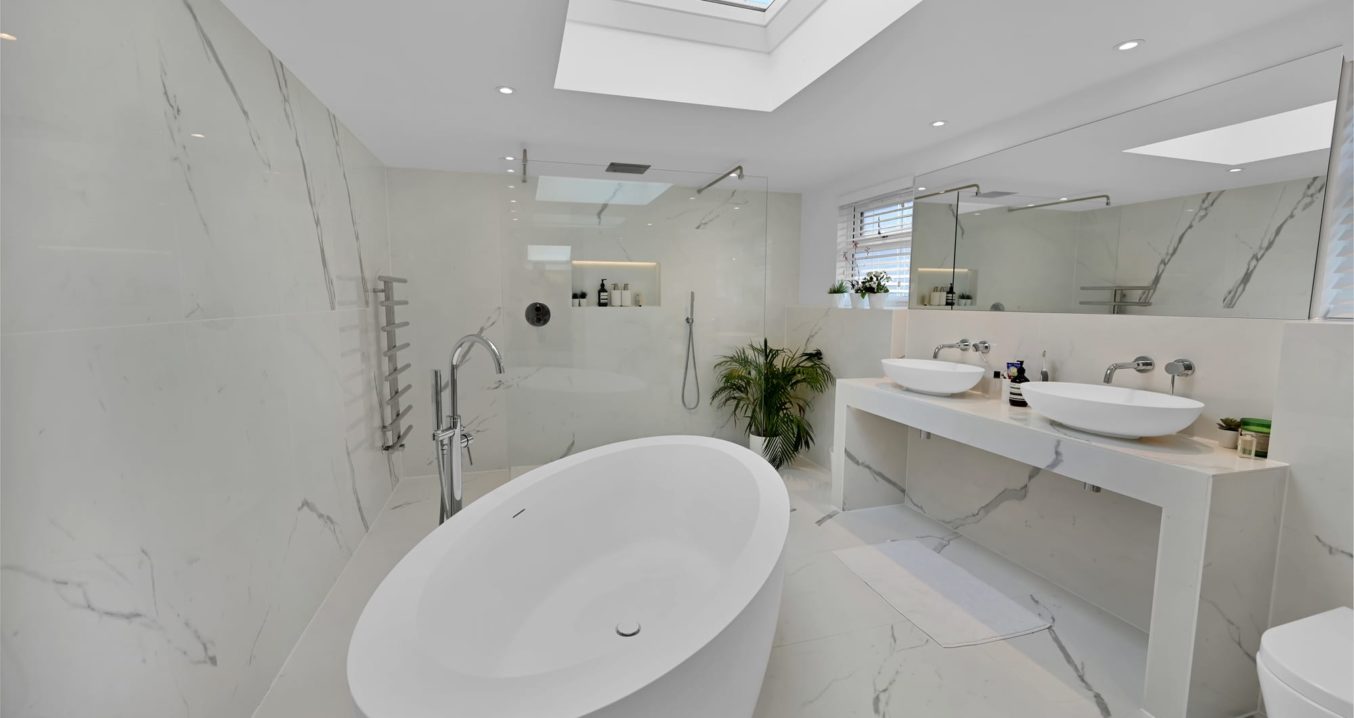
First-fix and second-fix are two terms used to describe the different stages at which the plumbing and electrics of a construction project have reached.
The stages typically consist of:
When the first-fix electrics takes place, this essentially involves the electrician pulling through all the cables to various sockets and lights in the positions that have been agreed with the customer. This takes place prior to the insulation and plasterboarding being fitted. The wires are then left sticking out of the walls and ceiling. They are not connected at either end but left sticking out of the walls at one end and rolled up next to the existing fuse board at the other.
Once the insulation, plasterboarding and the entire loft has been plastered, the second-fix electrics can take place. The electrician will put the light switches and plug sockets in place, adding further RCB fuses to the fuseboard to take the additional loading, and isolating the loft from the rest of the house. Testing will also take place at this stage, to allow for a part P certificate to be given.
First-fix plumbing is very similar to that of first-fix electrics. The 4 supply pipes are hot and cold, together with flow and return for the central heating. These pipes will not be connected to your existing system at this stage but left adjacent to the existing supply pipes ready for connection. The other end of these pipes will be left within the area of the loft where required. The pipes will be pressure tested to ensure all connections are secure. All connections to the existing system and the new radiators and bathroom suite will be done at the 2nd fix stage. The soil and wastewater drainage pipes will be laid within the floor and will be extended through the walls at the required levels. These pipes will be weathered in by the roofer. These drainage and waste pipes will not be connected to the existing drainage system at this stage as this will cause sewer gas to enter the property. The connections will be done within 2nd fix.
Second-fix plumbing is a process that happens towards the end of the loft conversion project. It allows the hot and cold supplies to be connected to the existing house pipework. The bathroom suite will be fitted at this stage, including the shower installation. The central heating will be drained down and the heating pipes and radiators will be added to the existing central heating system. Once this is done, the system is refilled and tested, as additional radiators have been added, the central heating will be rebalanced to allow maximum efficiency and to ensure each radiator reaches a similar temperature.